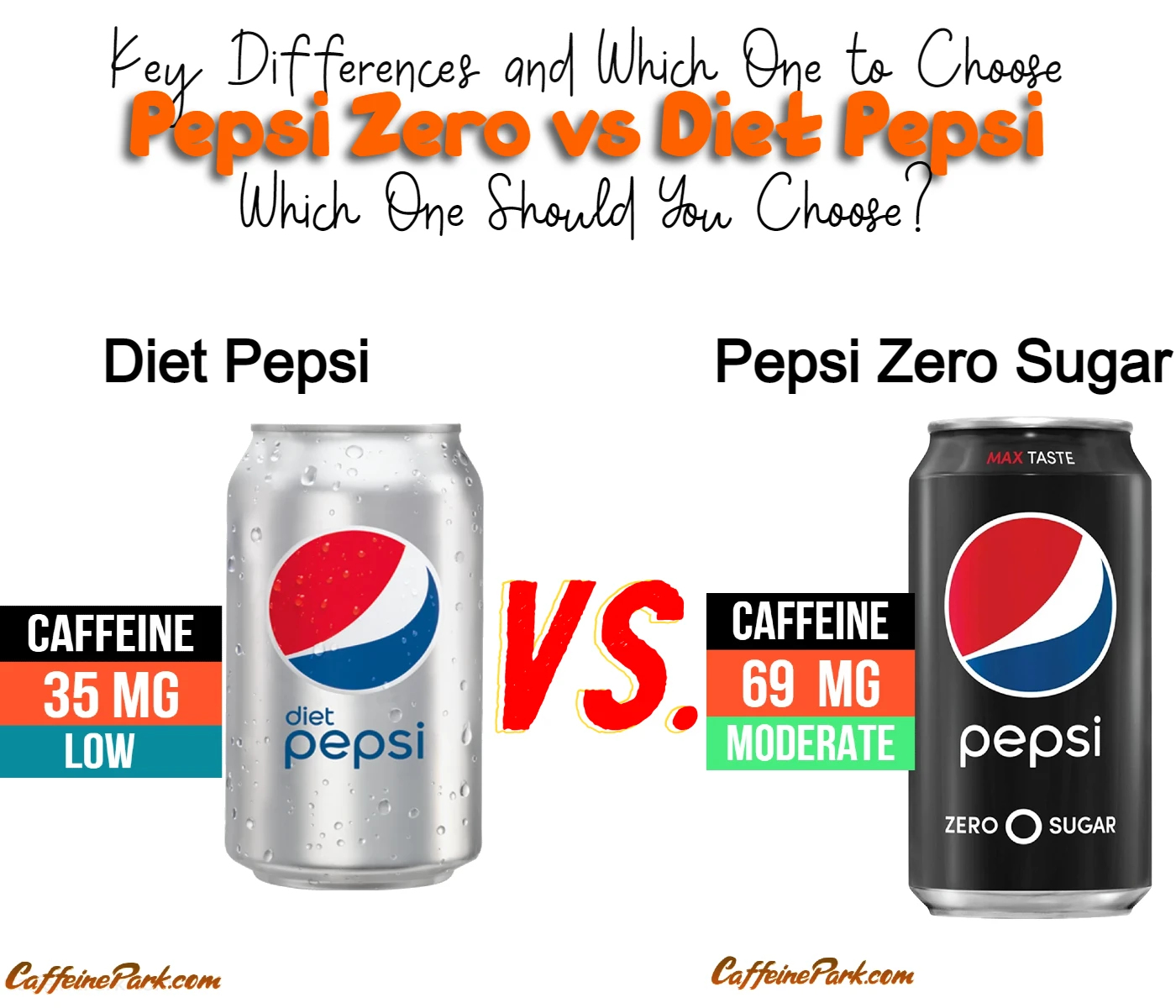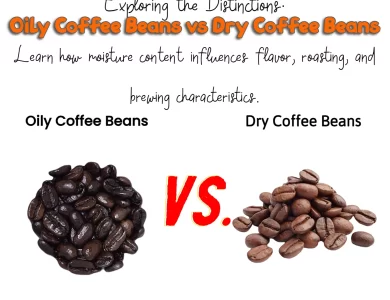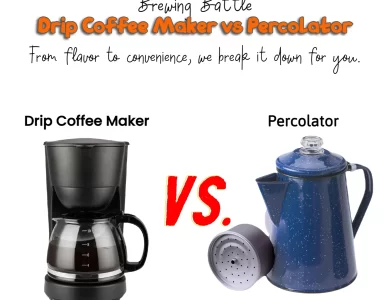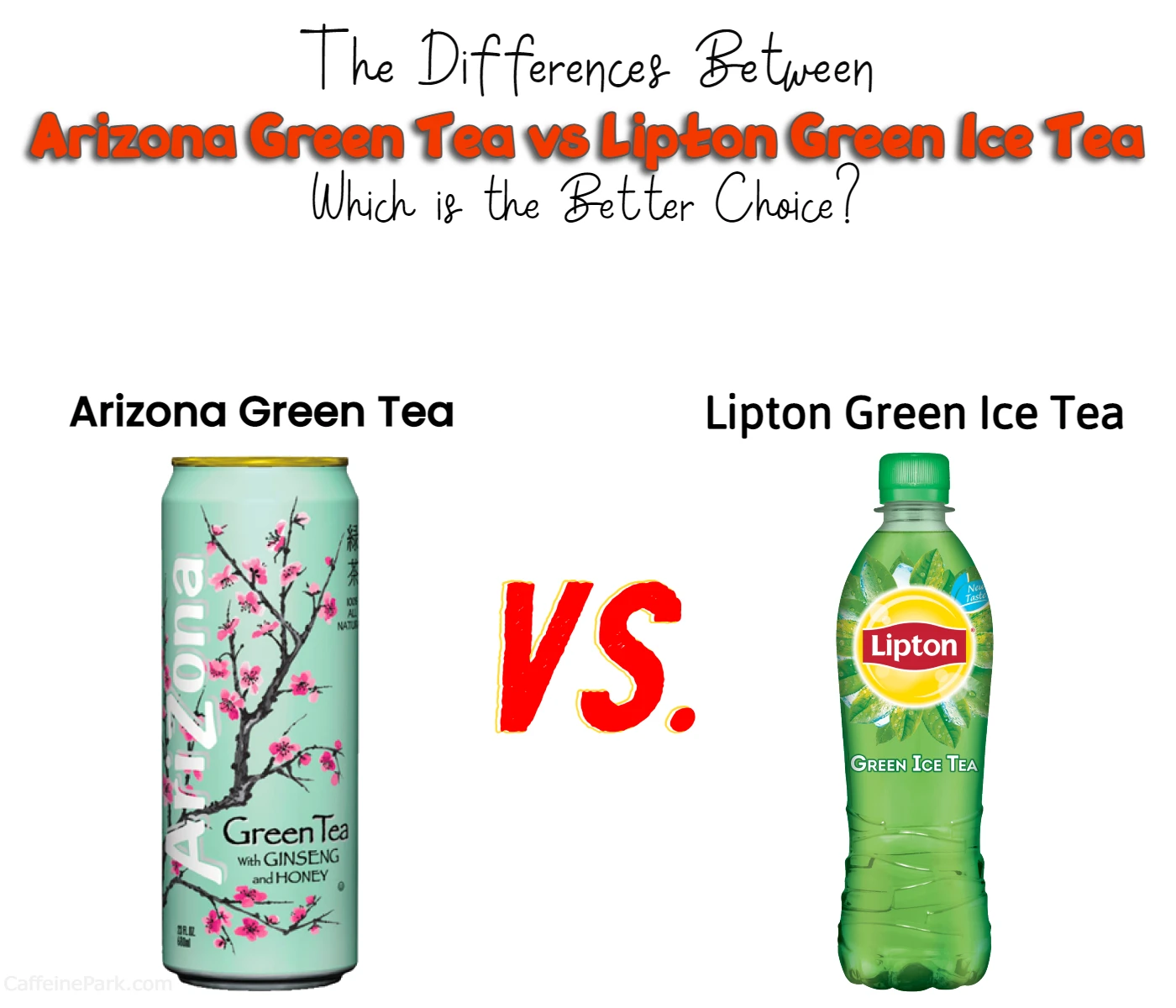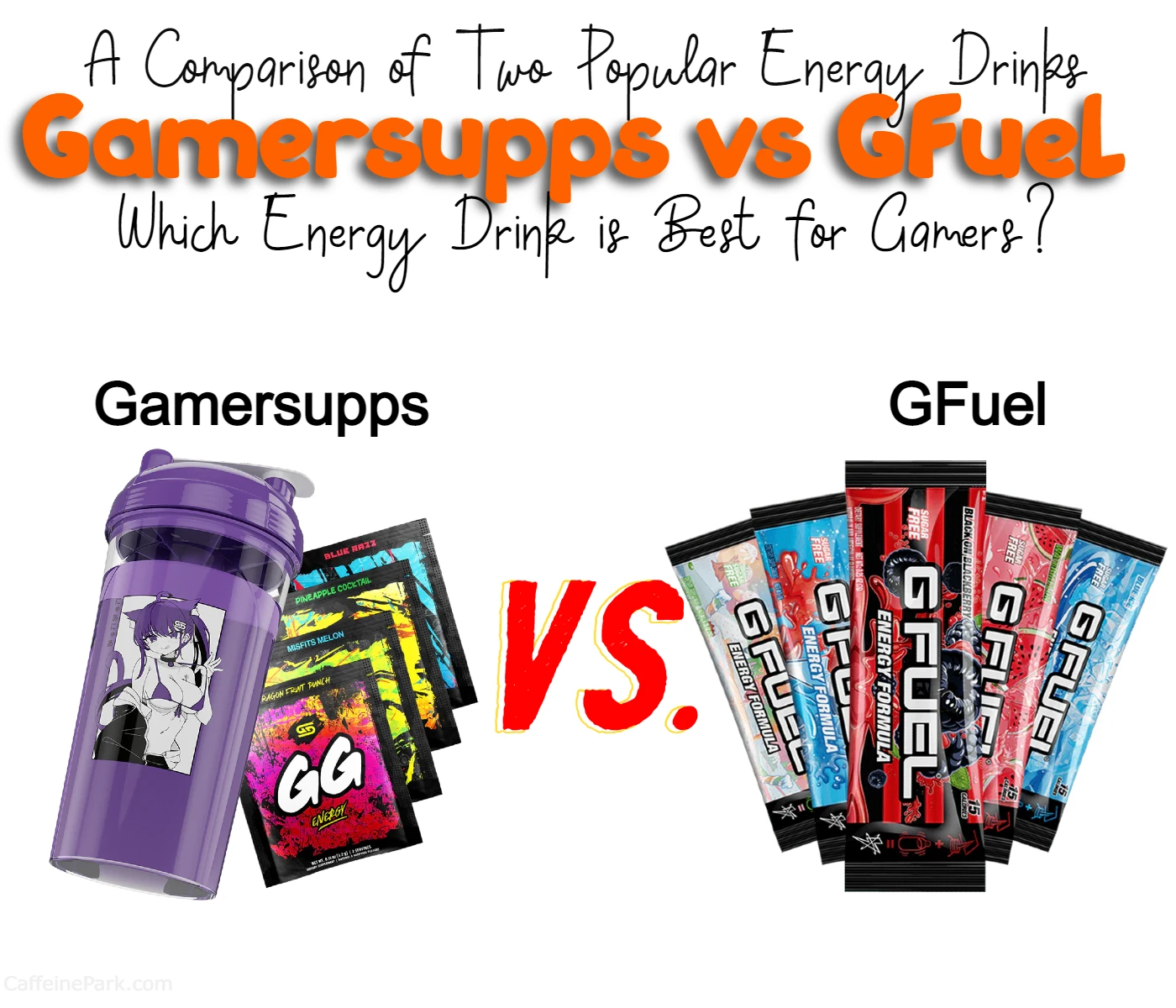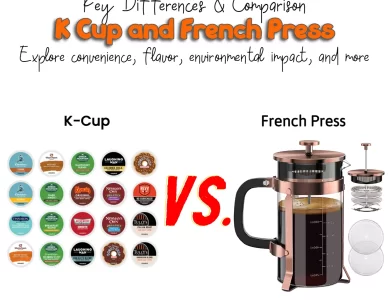Boost Energy vs Red Bull
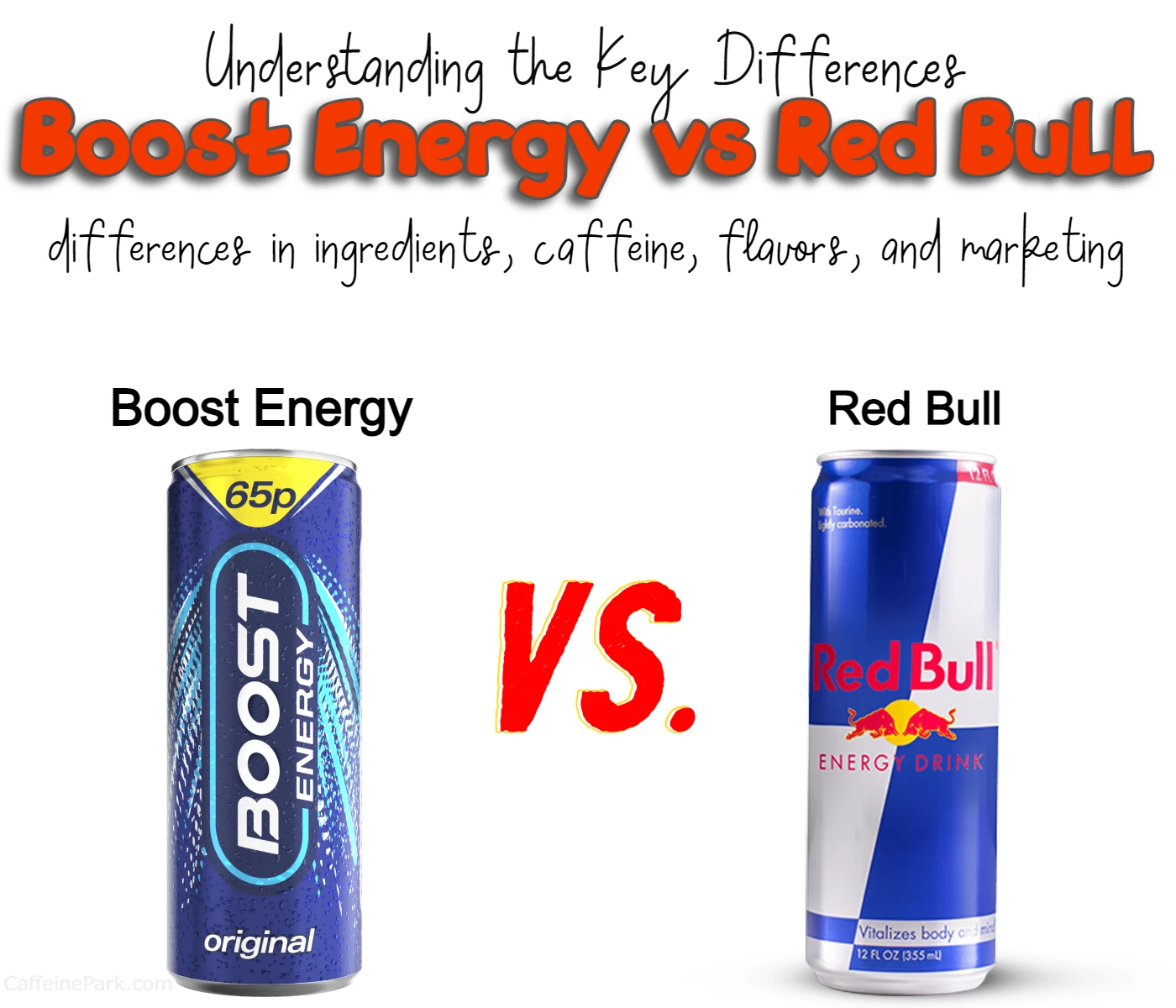
Hey there! It’s great to see you here. Are you curious about the differences between Boost energy drink and Red Bull? Well, you’ve come to the right place! Let’s dive into the world of energy drinks and explore what sets these two popular brands apart.
Before we get into the specifics of Boost Energy and Red Bull, let’s talk a bit about what energy drinks are and what they do. Energy drinks are beverages that are designed to give you a quick burst of energy and help you stay alert and focused. They usually contain high amounts of caffeine and other stimulants like taurine, guarana, and ginseng.
While energy drinks can provide a temporary energy boost, it’s important to note that they are not a substitute for good sleep, exercise, and a healthy diet. It’s also crucial to be mindful of how much caffeine and other stimulants you’re consuming, as excessive amounts can have negative health effects.
| Boost | Red Bull | |
|---|---|---|
| Caffeine Content (per 8.4 fl. oz.) | 80mg | 80mg |
| Other Key Ingredients | Guarana, ginkgo biloba, green tea extract | Glucuronolactone, inositol, sugars (sucrose, glucose) |
| Flavors and Varieties | Core flavors with sugar-free options for all | Range of special edition flavors with sugar-free options for some |
| Brand Image and Marketing | Focus on functional benefits and natural ingredients | Aggressive and innovative marketing, extreme sports sponsorships, and unique content creation (e.g. Red Bull TV) |
Boost vs Red Bull
Boost Energy Drink
Boost is an Australian brand of energy drink that was launched in 2001. It has become popular in many countries around the world, including New Zealand, India, and South Africa. Here are some key features of Boost energy drink:
Ingredients
Boost energy drink contains a range of ingredients that are common in many energy drinks, including caffeine, taurine, and B vitamins. It also includes some unique ingredients, such as:
- Guarana extract: a natural source of caffeine that is believed to provide a longer-lasting energy boost than synthetic caffeine.
- Ginkgo biloba extract: an herb that is thought to improve mental performance and boost energy.
- Green tea extract: a source of antioxidants that may also have some energy-boosting properties.
Flavors
Boost energy drink comes in a variety of flavors, including original, berry, passionfruit, and tropical. There are also sugar-free versions of each flavor.
Caffeine Content
The caffeine content of Boost energy drink varies depending on the flavor and size of the can. A 250ml can of original Boost contains 80mg of caffeine, while a 500ml can of the same flavor contains 160mg of caffeine. By comparison, a standard cup of coffee contains around 95mg of caffeine.
Red Bull
Red Bull is an Austrian brand of energy drink that was introduced in 1987. It has since become one of the most well-known and widely consumed energy drinks in the world. Here are some key features of Red Bull:
Ingredients
Like Boost, Red Bull contains caffeine, taurine, and B vitamins. It also includes some unique ingredients, such as:
- Glucuronolactone: a substance that is believed to enhance mental performance and reduce fatigue.
- Inositol: a nutrient that may help improve mood and reduce anxiety.
- Sucrose and glucose: sugars that provide a quick source of energy.
Flavors
Red Bull comes in several flavors, including original, sugar-free, and tropical. There are also special editions that feature flavors like watermelon, coconut, and kiwi apple.
Caffeine Content
The caffeine content of Red Bull is similar to that of Boost. A standard 250ml can of Red Bull contains 80mg of caffeine, while a 473ml can contains 151mg of caffeine.
Key Differences between Boost and Red Bull
Now that we’ve covered the basics of each brand, let’s explore some of the key differences between Boost and Red Bull.
Origin and Availability
One of the most obvious differences between the two brands is their country of origin. Boost is an Australian brand, while Red Bull is Austrian. While both brands are available in many countries around the world, Red Bull has a stronger global presence and is more readily available in most markets.
Ingredients
While both Boost and Red Bull contain caffeine, taurine, and B vitamins, they also have some differences in their ingredient lists. Boost contains guarana, ginkgo biloba, and green tea extract, while Red Bull includes glucuronolactone, inositol, and sugars like sucrose and glucose. These differences may impact the taste and perceived effects of each drink.
Flavors and Varieties
Both Boost and Red Bull come in several flavors, but their variety and availability may vary depending on the market. Red Bull offers more special edition flavors, while Boost focuses on a smaller range of core flavors. Additionally, Boost offers sugar-free versions of all their flavors, while Red Bull only offers sugar-free options for some flavors.
Caffeine Content
Both Boost and Red Bull have similar caffeine content in their standard size cans. However, it’s worth noting that both brands offer larger sizes that contain higher amounts of caffeine. It’s important to be mindful of how much caffeine you’re consuming, as excessive amounts can have negative health effects.
Brand Image and Marketing
Red Bull is well-known for its aggressive and innovative marketing campaigns, sponsoring extreme sports events and athletes, as well as creating unique content such as the Red Bull TV channel. Boost, on the other hand, tends to focus more on functional benefits and natural ingredients in their marketing.
Conclusion
In conclusion, Boost and Red Bull are both popular energy drink brands that offer similar functional benefits. They both contain caffeine, taurine, and B vitamins, and come in a range of flavors and varieties. However, they also have some differences in their ingredients, caffeine content, and brand image. Ultimately, the choice between Boost and Red Bull may come down to personal preference in taste and marketing, as well as availability in your local market. Remember to consume energy drinks in moderation and be mindful of your overall caffeine intake for your health and well-being.
Alternative to Red Bull vs Boost
If you’re looking for an alternative to Red Bull or Boost energy drinks, there are plenty of options available on the market. Here are a few worth considering:
- Monster: This is one of the most popular energy drinks in the world, with a wide range of flavors and varieties. It contains similar ingredients to Red Bull, including caffeine and B vitamins, but also includes taurine and other ingredients for added energy.
- Rockstar: Another popular energy drink brand, Rockstar offers a range of flavors and varieties, including sugar-free options. It also includes caffeine, B vitamins, and taurine, along with other ingredients for added energy.
- Celsius: This brand markets itself as a healthier alternative to traditional energy drinks, with a focus on natural ingredients and added benefits like metabolism support. It contains caffeine, green tea extract, and other ingredients for energy, along with vitamins and minerals.
- 5-Hour Energy: This brand is known for its small, concentrated shots of energy that provide a quick burst of energy without the sugar and calories found in many other energy drinks. It contains caffeine, B vitamins, and other ingredients for energy, and comes in a range of flavors.
No matter which energy drink you choose, it’s important to drink them in moderation and be aware of their ingredients and potential side effects. As always, it’s best to consult with a healthcare professional if you have any concerns about consuming energy drinks.
FAQs
Both Boost and Red Bull are designed to provide a quick energy boost due to their caffeine and B vitamin content. The choice between the two ultimately comes down to personal preference in taste and marketing, as well as availability in your local market.
In their standard-size cans, both Boost and Red Bull contain similar amounts of caffeine. However, it’s worth noting that both brands offer larger sizes that contain higher amounts of caffeine. It’s important to be mindful of how much caffeine you’re consuming, as excessive amounts can have negative health effects.
While both Boost and Red Bull contain caffeine, taurine, and B vitamins, they also have some differences in their ingredient lists. Boost contains guarana, ginkgo biloba, and green tea extract, while Red Bull includes glucuronolactone, inositol, and sugars like sucrose and glucose. These differences may impact the taste and perceived effects of each drink.
Yes, both Boost and Red Bull come in a range of flavors and varieties. However, their variety and availability may vary depending on the market. Red Bull offers more special edition flavors, while Boost focuses on a smaller range of core flavors. Additionally, Boost offers sugar-free versions of all their flavors, while Red Bull only offers sugar-free options for some flavors.
Red Bull is well-known for its aggressive and innovative marketing campaigns, sponsoring extreme sports events and athletes, as well as creating unique content such as the Red Bull TV channel. Boost, on the other hand, tends to focus more on functional benefits and natural ingredients in their marketing.
Read More:
